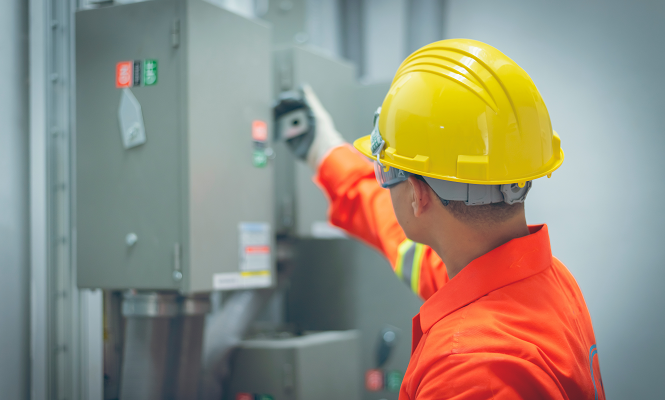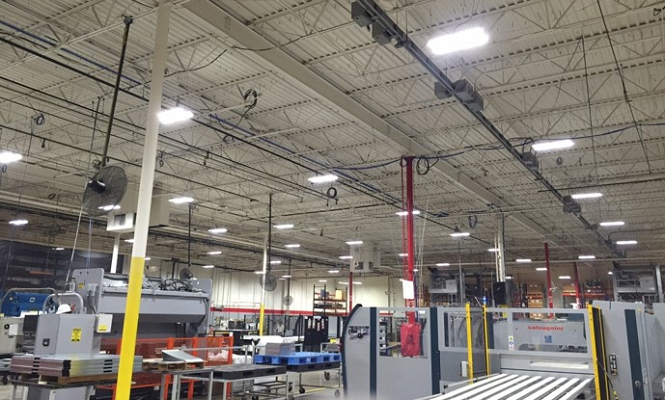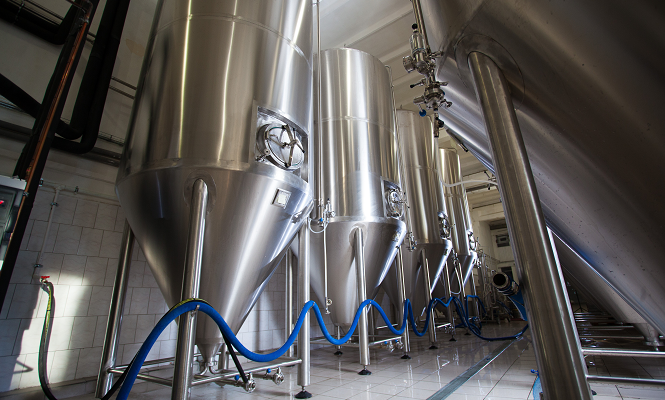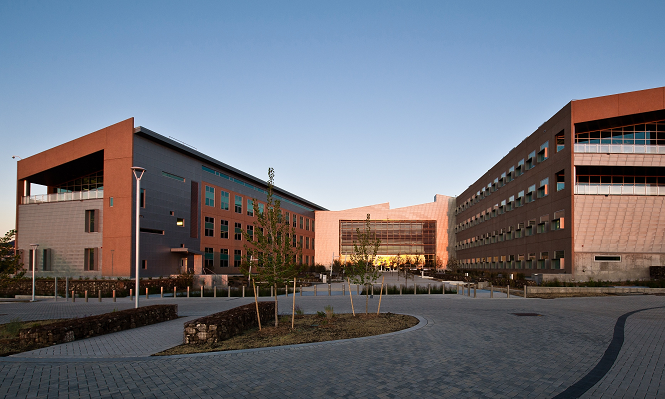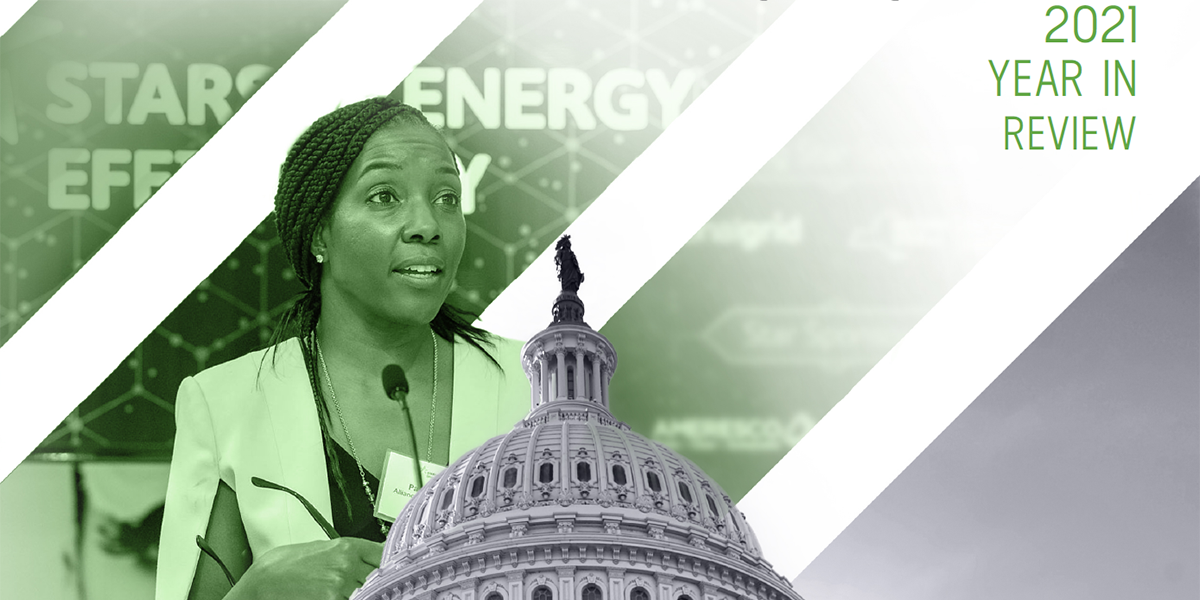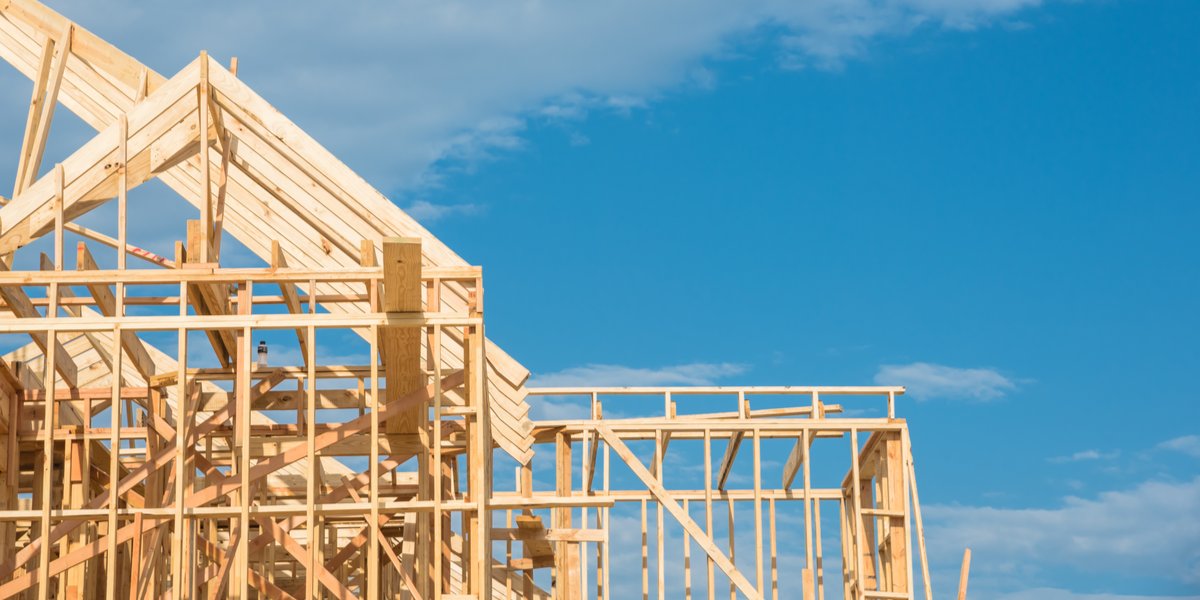Blog to Save Energy
Let's Save Energy
Alliance to Save Energy's Blog
|
08/27/19 An energy productivity framework has shed light on the efforts of 21 companies that have collectively saved over 146 million MWh annually, equivalent to cutting more than 103 million metric tons of carbon dioxide emissions. Collectively, the reporting companies saved $55 million last year alone... |
|
08/16/19 Ingersoll Rand is addressing demands for greater energy efficiency with lower greenhouse gas emissions in buildings, homes, industrial spaces, and transport markets around the world. |
|
08/12/19 As students and teachers prepare for the new school year, one of the last things they are probably thinking about is how much energy their schools are using. It turns out that energy bills are generally the second biggest expense for schools, coming in behind only teachers’ salaries. But many... |
|
08/06/19 Producing beer requires energy – but many breweries are using efficient technologies and practices to reduce costs and environmental impact while still making quality brews. |
|
05/15/19 Although there are multiple initiatives underway to establish a definition of zero energy buildings, there is no recognized consensus standard that determines if a building is a zero energy building. A new ASHRAE standard could help resolve this issue and bring the industry into agreement. |
|
03/22/19 Investing in efficiency and sustainability have made Minneapolis’s U.S. Bank Stadium a leader – and hopefully an inspiration for new stadiums across the country. |
RECENT BLOG POSTS
STAY EMPOWERED
Help the Alliance advocate for policies to use energy more efficiently – supporting job creation, reduced emissions, and lower costs. Contact your member of Congress.
Energy efficiency is smart, nonpartisan, and practical. So are we. Our strength comes from an unparalleled group of Alliance Associates working collaboratively under the Alliance umbrella to pave the way for energy efficiency gains.
The power of efficiency is in your hands. Supporting the Alliance means supporting a vision for using energy more productively to achieve economic growth, a cleaner environment, and greater energy security, affordability, and reliability.

